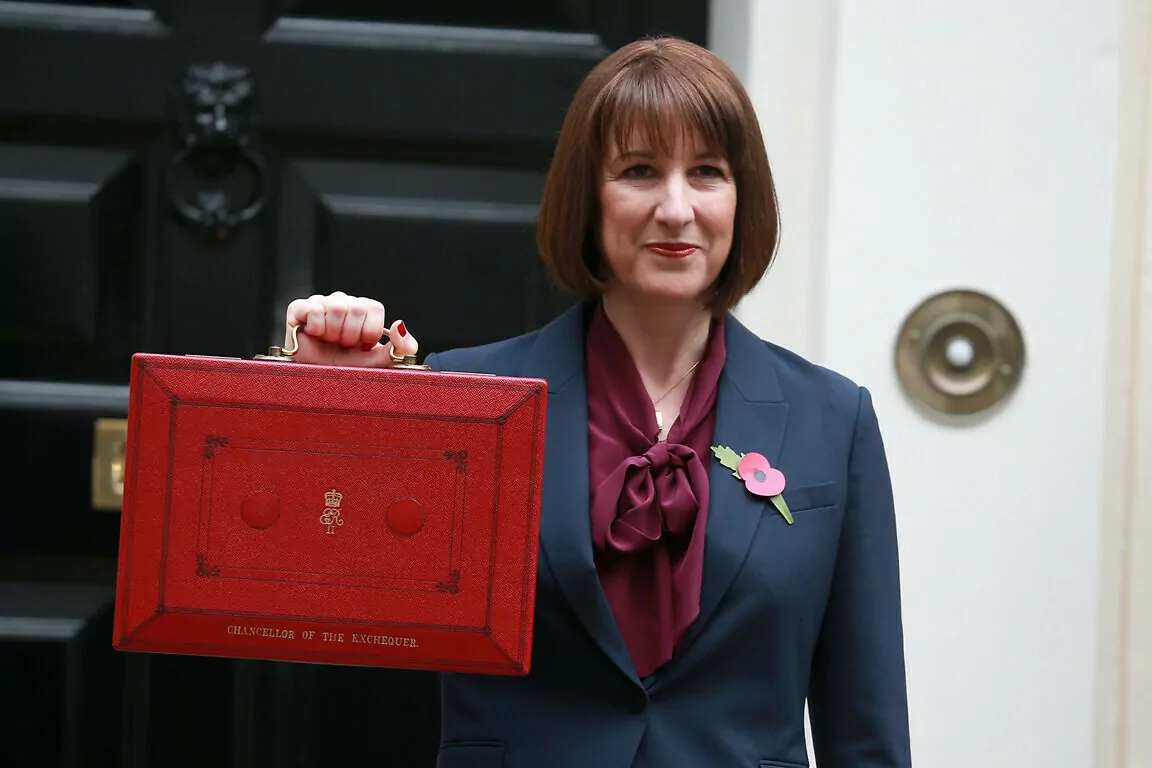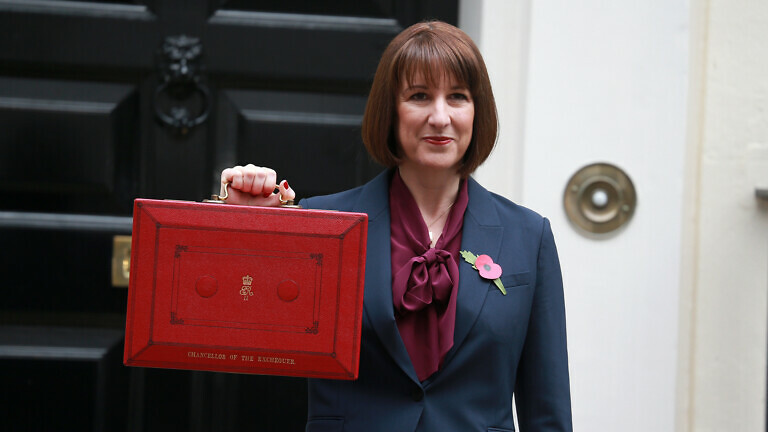Katie Collin, partner at Ramsay Brown LLP, believes that the chancellor will be targeting income tax threshold freezes and pension tax changes in this year’s budget.
Rachel Reeves didn’t make many friends across general practice when she stepped up to deliver her Budget last year, and I fear the same will be true this time around.
Last year, she opted for minimum wage increases and an employer national insurance contributions (NIC) hike that is estimated to have cost GP practices £200 million. This time, it’s looking like income tax threshold freezes and pension tax changes will cause doctors fresh headaches.
At first glance, you might think these moves aren’t quite as bad, but I’d argue they have the potential to be just as damaging. Where 2024’s budget pushed staff costs through the roof, tax hikes will hit doctors directly in their personal pockets. And that will push them to avoid extra sessions, or head for the door altogether, impacting primary care’s capacity.

High tax burden
It’s compounded by the fact that the tax burden on GPs is already so high. Many are only taking home 30-40% of their total salary each month. Think how much worse off they’ll be if threshold freezes pull them into the next tax bracket?
For many, this is a realistic prospect. Lots of family doctors sit close to the additional rate category, and it wouldn’t take long for natural wage growth to drag them across the boundary. They’re teetering on the edge, and Reeves might just be about to give them a shove over to the other side.
The only way doctors could avoid the chancellor’s grasp is to reduce their hours, and that is not a position the NHS should ever be in. General practice is already stretched for capacity – we cannot afford to disincentivise work through heavier tax burdens.
Beyond income tax, Reeves reportedly has her sights set on pensions, too. There are two possibilities here: cutting the tax-free lump sum and coming after salary sacrifice schemes.
The former is said to have been ruled out by the chancellor, but has caused a lot of consternation among doctors, and there’s a chance it still comes to fruition. The speculation alone has already done significant damage, with lump sum withdrawals surging by 61% across the general public.
But what looks more likely is the latter option: capping salary sacrifice schemes. Though many GPs are self-employed, this change would still leave its mark. Particularly on salaried GPs and other employed practice workers, from nurses and pharmacists to administrative staff.
That’s because the scheme is set to become a lot less generous, with national insurance exemptions only eligible on benefits up to £2,000. Anything above that figure will become subject to the NI charge, ramping up the tax burden further.
Real changes
So, all in all, there will likely be some very real changes for doctors come the 26th of November. We’re looking at stealth tax rises that don’t quite dominate the headlines but do punish doctors’ hard work – and that could really hurt capacity across general practice and the wider NHS.
If there’s one thing I’m sure of, it’s that this year’s budget will be far from uneventful. It’s going to be a big one for the NHS, piling doctors’ tax burden even higher than is already the case.



